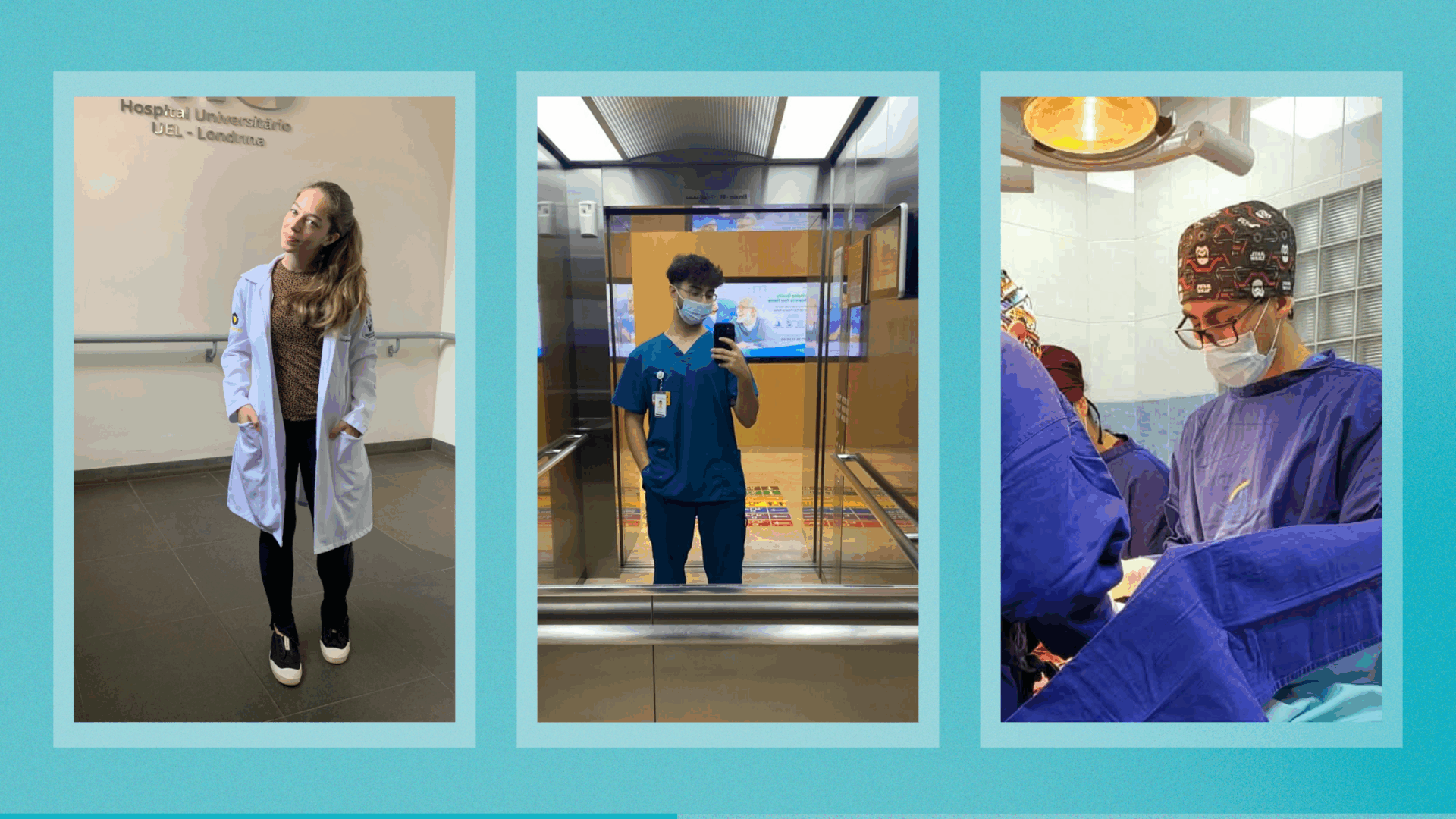In 2020, the U.S. government authorized legislation that expanded access to telehealth care during the Covid-19 pandemic. Now, a new bill has recently passed the U.S. House of Representatives that would extend these policies through 2024.
The bill, aptly titled Advancing Telehealth Beyond COVID–19 Act, is just another sign that virtual healthcare is here to stay.
Having passed 416-12 in the House, the bill now heads to the U.S. Senate for a vote. However, if passed in the Senate and signed by President Biden, it would continue a number of measures that helped telehealth rise in popularity in recent years.
Most prominently, the bill would remove geographic barriers for receiving healthcare virtually, expand the types of workers able to provide that care, and extend Medicare reimbursements for virtual health services.
Rising Popularity: Telehealth and Virtual Rotations
Telehealth rapidly became a popular care option for both providers and patients, and its popularity has not waned even as the pandemic has become more manageable.
However, as telehealth becomes a standard in healthcare, so does the demand for relevant training. Resident physicians are providing more care virtually, which means previous telehealth experience can help residency hopefuls stand out on their applications.
Similar to telehealth, virtual rotations became a popular way for medical trainees to earn U.S. clinical experience early in the pandemic. But their convenience has helped them remain popular with some medical trainees.
Nonetheless, virtual rotations are more than a convenient alternative to in-person rotations. This new bill suggests that patients seeking virtual healthcare services will continue to grow. Virtual rotations allow trainees to interact, treat, and consult with patients in virtual settings. They also show residency directors you have telehealth experience and are adaptible to medicine’s changing technologies.
Virtual health creates accessible healthcare, especially in rural areas. Congress’ overwhelming support for this new bill is a step forward in ensuring it remains accessible.
Ready to add a virtual rotation to your medical training? Explore our virtual programs by clicking here.






